Table of Contents
Have you ever wondered, ‘How long does it take to learn SQL?’ You’re not alone! From finding the best SQL online courses with certificates to what is the best place to learn SQL, many people feel like a deer caught in the headlights, when faced with these questions. But don’t worry! You’re in the right place.
If you ever asked yourself questions like:
- Is SQL hard to learn?
- Why learn SQL in 2024?
- What is the best website to learn SQL?
And many more. Then this guide is exactly what you need. In this quick and comprehensive guide, we’ll tackle everything you need to know like how long does it take to learn SQL? So, set your tasks aside, stick with us, and let us solve this maze together.
What do you mean by SQL and What are Common Examples of SQL?
Before you delve deeper into and know – is SQL hard to learn? Or ‘what is the best place to learn SQL and Python? Let us go over the basics.
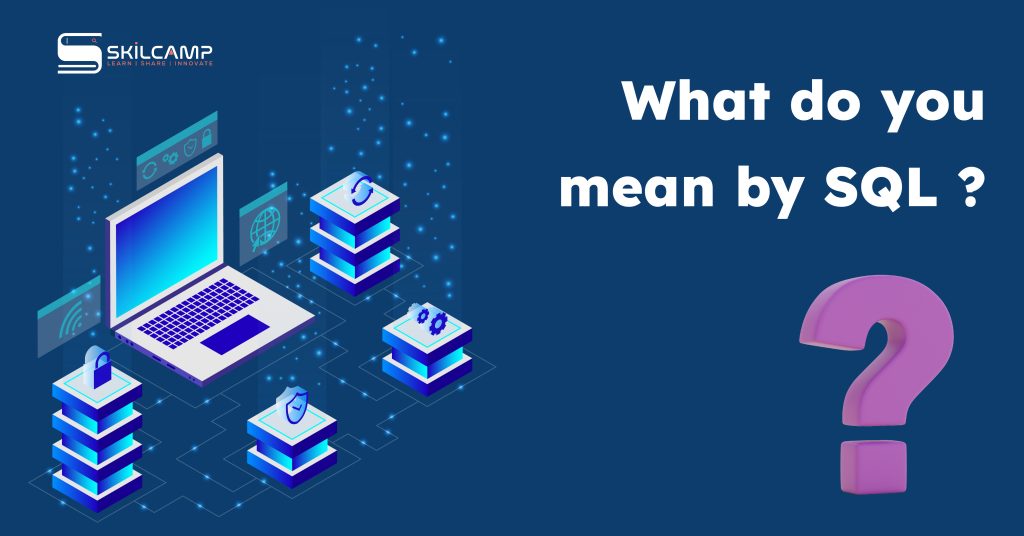
SQL, also known as Structured Query Language, is a tool for working with databases. It allows you to ask questions, get data, and make changes to the information stored in a database.
For example, if you have a database of customers and you want to find all customers living in New York, you can use an SQL command like:
SELECT * FROM Customers WHERE City = ‘New York’
This command will show you a list of all customers from New York.
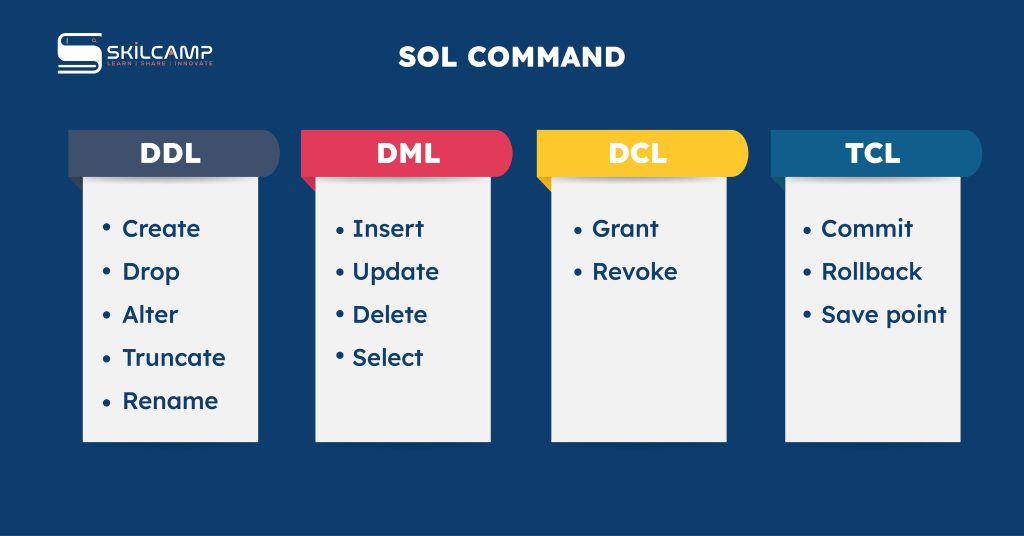
Some of the common examples of SQL include:
- SELECT: It is used to pull data from a table, like finding a specific customer.
- UPDATE: It is used to edit the existing data, like changing a customer’s address.
- WHERE: It is used to filter rows to target specific data, like selecting customers from a particular city.
- SET: It is used to specify the details to update, like changing a customer’s phone number.
Why Learn SQL in 2024?
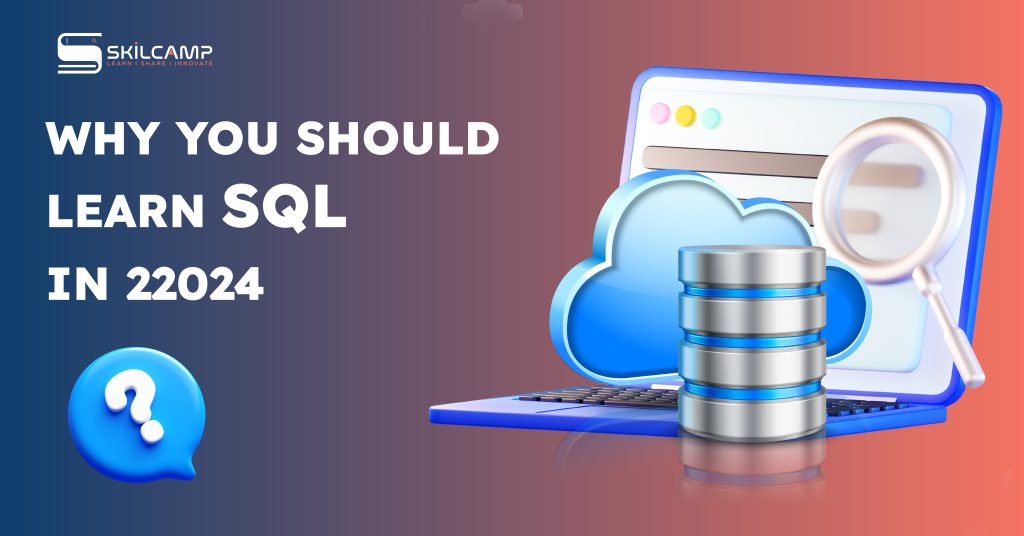
Do you also think why learn SQL in 2024? Then you must know the SQL usage rate over time, along with the earning potential in each role.
SQL Usage Over Time
- In today’s time, SQL is used by companies of all sizes, from large corporations like Google, Microsoft, and Amazon to smaller startups.
- It is an essential skill for software developers, particularly those working in backend, full-stack, or API development.
- Moreover, according to Statista findings, SQL is a crucial skill for data science and data analytics roles as reported in the year 2024. More than half of the professionals are currently using SQL in their work.
Job Roles & Earning Potential
Acquiring SQL knowledge can lead to well-paying career opportunities. For instance, according to Glassdoor findings,
- SQL Developer: Salary starts at $90,000, and goes up to $152,000
- Senior SQL Developer: Salary starts at $101,000 and goes up to $182,000
- Data Scientist: Salary starts at $99,000 and goes up to $173,000
- SQL Data Analyst: Salary starts at $73,000 and goes up to $122,000
- Software Engineer: Salary starts at $120,000 and goes up to $205,000
This clearly shows learning SQL is more than just a technical skill. It is a career investment that opens up a range of high-paying job opportunities.
Is SQL Hard to Learn?
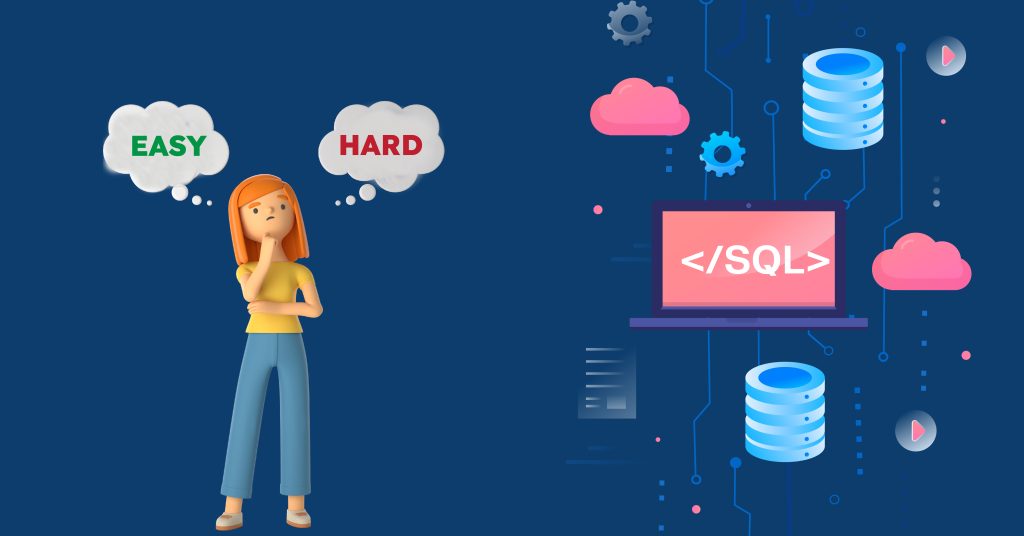
You now know the importance of learning SQL. However, many people still wonder – is SQL hard to learn.
The truth is the difficulty of learning SQL can vary depending on several factors and individual circumstances. Below, you’ll find some ways that can help you determine whether learning SQL will be challenging for you or not.
- Experience with Programming
The first way to analyze whether SQL is hard for you is to consider your prior experience with programming. If you’ve worked with languages like Python, JavaScript, or other data tools, you can find SQL easier to learn.
- Understanding Power BI Tools
The second factor to consider when determining how hard SQL will be for you is your familiarity with tools like Power BI. If you’re used to working with data tools or creating reports, you can find SQL easier to pick up.
- Personal Learning Pace
Another key factor is your personal learning pace. The difficulty of learning SQL can depend on how quickly you can grasp new concepts. Some people learn faster, while others need more time and repetition to understand the material fully.
- Quality of Learning Resources
The fourth factor to consider when determining how hard SQL will be for you is the quality of learning resources. The materials you use can greatly influence how easily you learn SQL. High-quality resources like video tutorials, and online SQL courses can simplify complex topics.
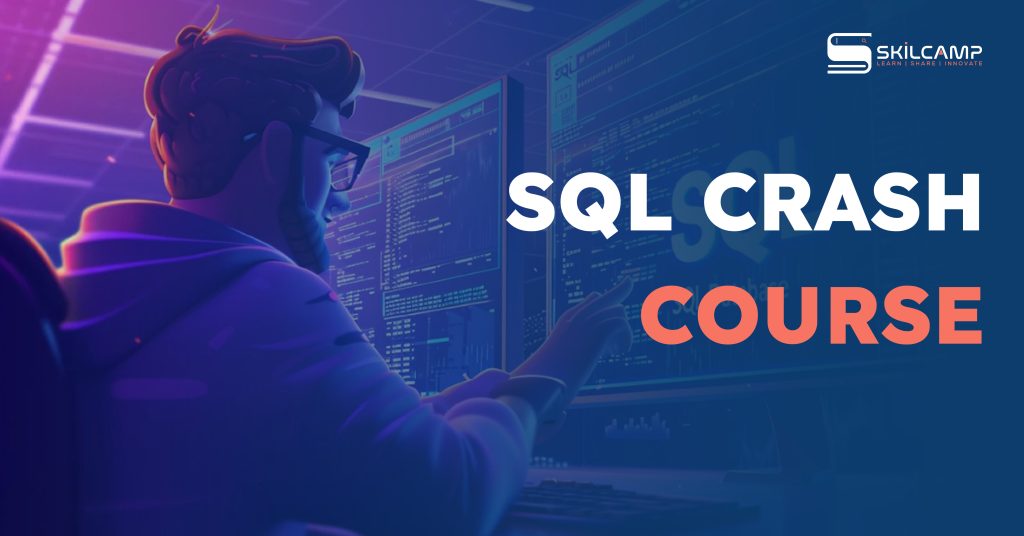
For instance, Skilcamp SQL crash course For Beginners offers the right learning style with a mix of materials, ensuring you understand every aspect of SQL clearly and take your career to the next level.
- Time Commitment and Consistency
The fifth factor to consider when learning SQL is the time you can commit and how consistently you study. The more time you dedicate to learning, the faster you’ll pick it up. If you can study for a few hours each day, you’ll likely progress quicker than someone who can only dedicate a few hours per week.
- Hands-on Practice
Finally, the most important factor is practice. SQL becomes easier to learn when you apply what you’ve studied to real-world problems. By working with actual data sets and solving problems, you’ll strengthen your understanding. The more you practice, the more proficient you’ll become.
How Long Does it Take to Learn SQL?
Now, let us get into the main topic of the blog: ‘How long does it take to learn SQL?’ The answer to this depends on various scenarios, and understanding which one applies to you will help determine the timeline for mastering SQL.
- The First Scenario: No Programming Knowledge, Learned Basic SQL
If you have no prior programming knowledge and want to learn basic SQL, it can take you about two weeks with 1 to 2 hours of study per day. Here are some tips that will help you learn basic SQL faster:
- First, focus on learning simple tasks like creating tables, inserting data, and running basic queries.
- Secondly, engage with online tutorials, quizzes, and practice questions. This will help you learn better.
- Thirdly, practice regularly. Write SQL queries and work with data to strengthen your skills.
- Finally, ask for advice from others, whether it’s from a colleague or an online community.
- The Second Scenario: No Programming Knowledge, Learned Intermediate SQL
If you have no programming knowledge and want to learn intermediate SQL, it can take you around three to four weeks with 1 to 2 hours of study each day. Here are some suggestions to help you become more comfortable with intermediate SQL:
- Firstly, make sure you have a strong grasp of basic SQL.
- Now, once you’re confident with the basics, start learning about joins, subqueries, and aggregations.
- Thirdly, try solving practical problems with SQL to understand how it’s used in real situations.
- Finally, use tools like Oracle. It will help you understand intermediate SQL better.
- The Third Scenario: No Programming Knowledge, Learned Advanced SQL
If you have no programming knowledge and wish to learn advanced SQL, it can take you one to two months with 1 to 2 hours of study per day. Here are some tips that will help you learn advanced SQL faster:
- Firstly, ensure you have a strong understanding of intermediate SQL concepts.
- Now, learn advanced query techniques like triggers, functions, stored procedures, and performance optimization.
- Thirdly, apply what you learn by solving real-world problems with advanced SQL queries.
- Finally, try using advanced database tools like Oracle or MongoDB to deepen your knowledge.
- The Fourth Scenario: Programming Knowledge, Learned Basic SQL
If you already know how to program in other languages and want to learn basic SQL, you can easily learn SQL within a week.
- The Fifth Scenario: Familiar with Programming, Learning Intermediate SQL
If you’re familiar with programming, it will likely take you one to two weeks to get comfortable with intermediate SQL with 1 to 2 hours of study each day.
- The Sixth Scenario: Programming Knowledge, Learning Advanced SQL
If you already know how to program and want to learn advanced SQL, it can take a few months to a year to become an expert, depending on how deeply you dive into advanced topics.
Ending Note
Learning SQL is an investment that pays off with valuable skills, well-paying job opportunities, and an edge in the data-driven world. Whether you’re starting from scratch or expanding your technical expertise, SQL is a powerful and accessible language that can open doors to new career paths.
Being SQL is not just a technical tool, but a key that unlocks opportunities in tech, data analysis, and beyond. Are you ready to enter into the world of SQL and transform your career? Start with the right resources, and enroll in Skilcamp’s SQL Crash Course curated specifically for beginners.
Don’t miss the chance to join a community of SQL learners. Register Now and kickstart your journey to mastering SQL!
FAQs
1. How quickly can a complete beginner learn basic SQL?
Ans. A complete beginner can typically learn basic SQL in about 2-4 weeks with consistent daily practice. By focusing on key topics like creating tables, inserting data, and running simple queries, you can develop a solid foundation in SQL.
2. Is SQL hard to learn if I have no prior programming experience?
Ans. SQL is generally considered beginner-friendly, even for those with no prior programming experience. Its syntax is straightforward, and many concepts are easy to grasp, such as querying data and modifying tables. While learning any new skill takes time, SQL’s simplicity makes it a great choice for beginners.
3. How much time should I dedicate daily to learning SQL effectively?
Ans. To learn SQL effectively, aim to dedicate at least 1-2 hours a day. Consistency is key, so even short daily sessions can make a big difference. The more time you can commit regularly, the faster you’ll progress, but steady practice over time is more important than long, irregular study sessions.
4. Can I get a job with only basic SQL knowledge?
Ans. Yes, many entry-level jobs in data analysis, business intelligence, and database management require only basic SQL knowledge. Understanding how to write simple queries, filter data, and perform basic operations is often sufficient for roles that involve working with databases or analyzing data.
5. What are the best resources to accelerate my SQL learning?
Ans. Interactive resources like online tutorials, courses, and coding platforms are great for accelerating SQL learning. Websites like Skilcamp and SQLZoo offer hands-on practice, while books and video courses can help reinforce concepts. Combining these resources with real-world practice will make learning more effective and enjoyable.
6. What is the best place to learn SQL?
Ans. The best place to learn SQL depends on your learning style. Online platforms like Skilcamp, Codecademy, Khan Academy, and Udemy offer interactive courses with hands-on practice, making it easier to learn SQL step by step.
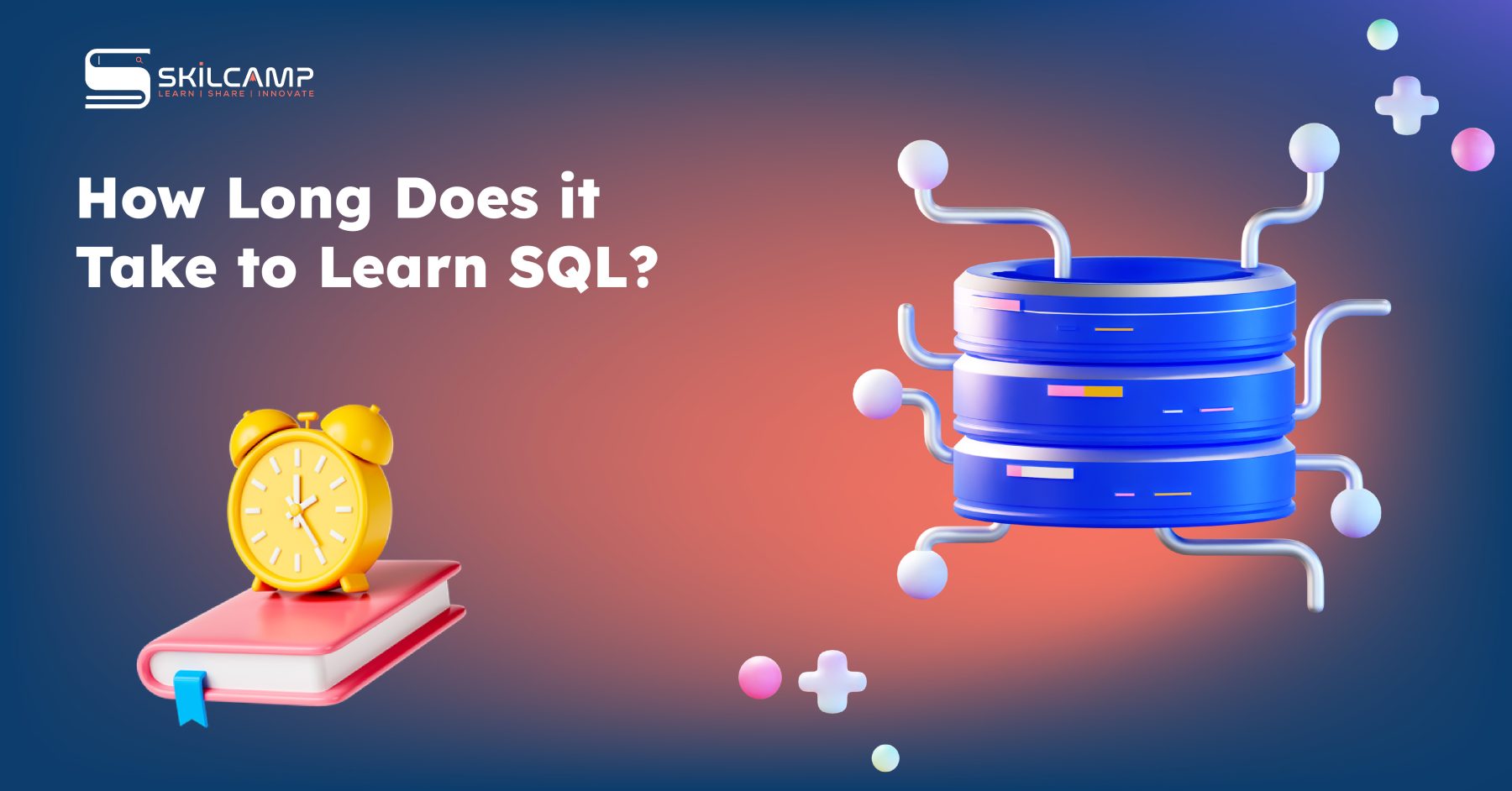
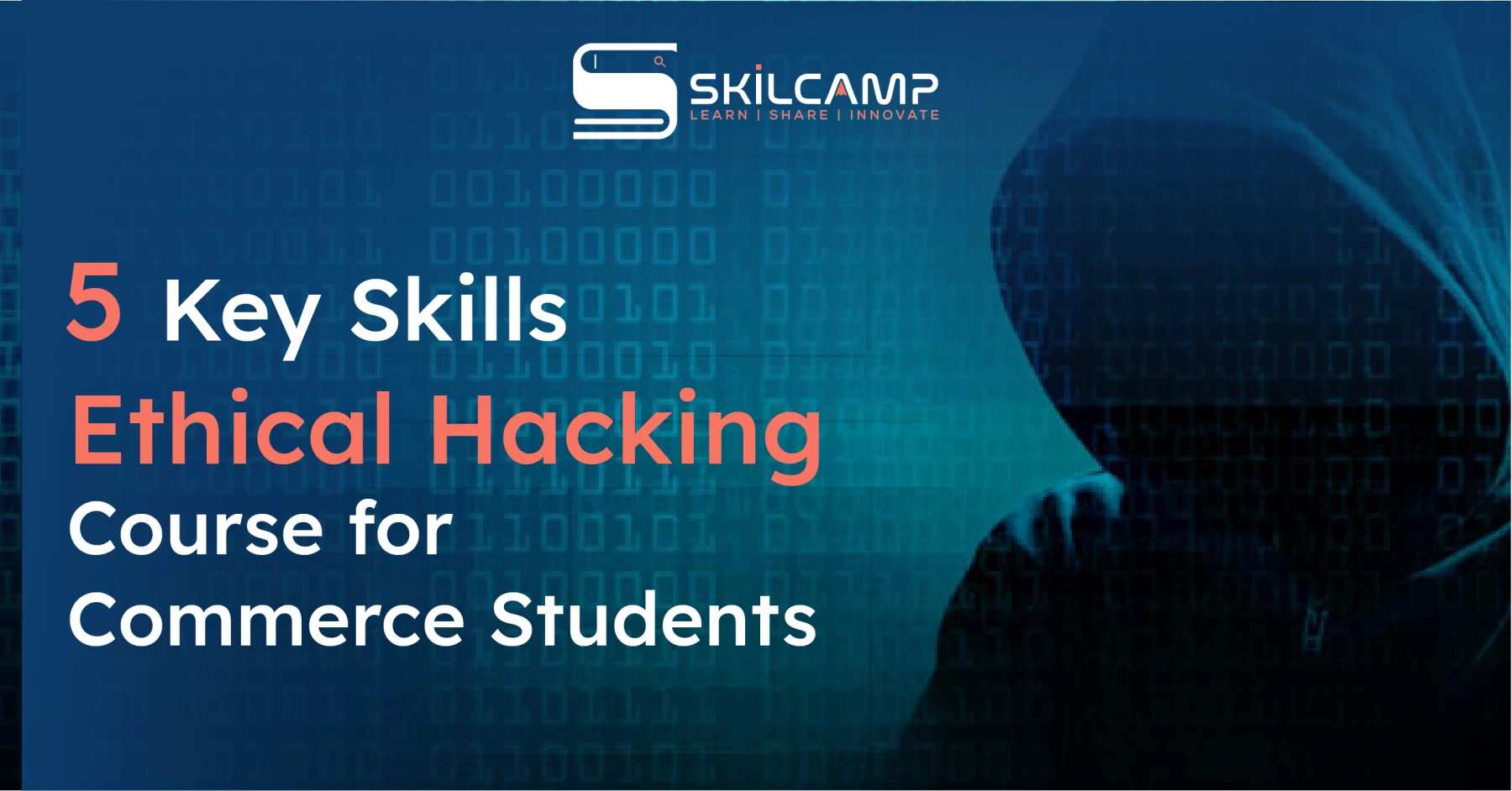


Leave a Reply